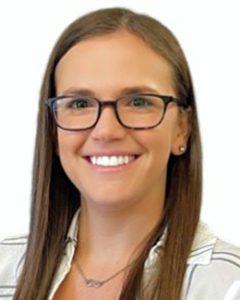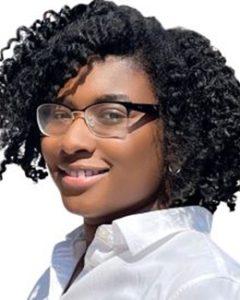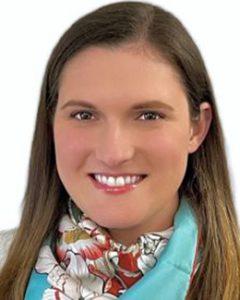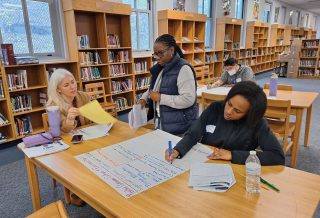FOCUS
Science curriculum gets a boost from teacher leaders
By Sarah E. Stults, Kayla Cherry, Julie A. Jacobi and Rachel Shefner
Categories: Continuous improvement, Instructional materials/curriculum, Learning communities, Reaching all students, Teacher leadershipDecember 2023
Read the remaining content with membership access. Join or log in below to continue.
Sed ut perspiciatis unde omnis iste natus error sit voluptatem accusantium doloremque laudantium, totam rem aperiam, eaque ipsa quae ab illo inventore veritatis et quasi architecto beatae vitae dicta sunt explicabo. Nemo enim ipsam voluptatem quia voluptas sit aspernatur aut odit aut fugit, sed quia consequuntur magni dolores eos qui ratione voluptatem sequi nesciunt. Neque porro quisquam est, qui dolorem ipsum quia dolor sit amet, consectetur, adipisci velit, sed quia non numquam eius modi tempora incidunt ut labore et dolore magnam aliquam quaerat voluptatem.
A participant’s perspective
 “Teaching can be an isolating experience with few moments of collaboration, but as a member of (the master teacher leader cohort), I was part of a community of like-minded individuals who inspired me to continue to improve my practice so that my students had a more rich and transformational learning experience in science.”
“Teaching can be an isolating experience with few moments of collaboration, but as a member of (the master teacher leader cohort), I was part of a community of like-minded individuals who inspired me to continue to improve my practice so that my students had a more rich and transformational learning experience in science.”
— Andy DeVivo, a member of the first master teacher leader cohort in 2018. At that time, he was a 4th-grade math and science teacher. He continued to participate in the cohort until 2022, when he joined the Chicago Public Schools Department of STEM as the 4th-grade science specialist. He now serves as one of the facilitators of the master teacher leader cohort.
References
Barnes, M. & Gonzales, J. (2015). Hacking education: 10 quick fixes for every school. Times 10 Publications.
Brown, B.A. (2019). Science in the city: Culturally relevant STEM education. Harvard Education Press.
Bybee, R.W. (2023). Leadership by and for science teachers. NSTA Press.
Chu, E., McCarty, G., Gurny, M., & Madhani, N. (2022). Curriculum-based professional learning: The state of the field. Center for Public Research and Leadership.
Duckworth, S. (n.d.). Wheel of power/privilege. sdpride.org/wp-content/uploads/2022/11/Wheel-of-Power-Privilege-Sylvia-Duckworth.pdf
Grissom, J.A., Egalite, A.J., & Lindsay, C.A. (2021). How principals affect students and schools: A systematic synthesis of two decades of research. The Wallace Foundation.
Jacobson, D. & Mustafa, N. (2019). Social identity map: A reflexivity tool for practicing explicit positionality in critical qualitative research. International Journal of Qualitative Methods, 18. doi.org/10.1177/1609406919870075
Learning Forward. (2022). Standards for Professional Learning. Author.
Leithwood, K., Louis, K.S, Anderson, S., & Wahlstrom, K. (2004). Executive summary: How leadership influences student learning. The Wallace Foundation.
Miller, B., Moon, J., Elko, S., & Spencer, D.B. (2000). Teacher leadership in mathematics and science: Casebook and facilitator’s guide. Heinemann.
Short, J. & Hirsh, S. (2020). The elements: Transforming teaching through curriculum-based professional learning. Carnegie Corporation of New York.
Wenner, J.A. & Campbell, T. (2017). The theoretical and empirical basis of teacher leadership: A review of the literature. Review of Educational Research, 87(1), 134-171.
Categories: Continuous improvement, Instructional materials/curriculum, Learning communities, Reaching all students, Teacher leadership
Recent Issues
NAVIGATING NEW ROLES
April 2025
Whether you’re new to your role or supporting others who are new,...
LEARNING DESIGNS
February 2025
How we learn influences what we learn. This issue shares essential...
BUILDING BRIDGES
December 2024
Students benefit when educators bridge the continuum of professional...
CURRICULUM-BASED PROFESSIONAL LEARNING
October 2024
High-quality curriculum requires skilled educators to put it into...














